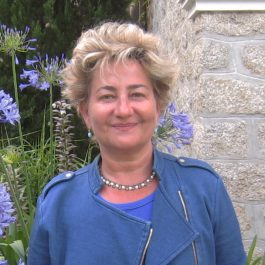Meet the Scholar: Snapshots of Intellectual Journeys
Kathryn Babayan – University of Michigan

Dr. Babayan’s expertise lies in the medieval and early-modern Persianate world and focuses on the cultural, social and political histories of Iran, Iraq, Anatolia, and parts of Central Asia, Persian-speaking regions in which Islam was diversely “translated” in the processes of conversion. Her scholarship on the Irano-Islamic past has been inspired and broadly informed by critical innovations over the last three decades in the field of cultural studies, and ‘materialist’ modes of analysis that offer new historical approaches to the materiality of human lives as well as the remarkable range of evidentiary materials historians now employ. These groundbreaking innovations in historiography have vitalized my research, which began with a study of religious and political authority in Safavi Iran (1501-1722), and then advanced to a close examination of the ways in which textures of time and being influenced the pre-modern writing of Persianate history and the ritualistic performances of Persianate “memory.” In her first book, Mystics, Messiahs, and Monarchs, she explored the Safavi imperial enterprise’s transformation of eastern Islamdom, in which the memory of a rich pre-Islamic Persian culture converged with Shi‘i strands of Islam, characterized by consummate devotion to Ali and his family.